Hamas and its ally Islamic Jihad reacted defiantly on Sunday (January 26) to a proposal by former US President Donald Trump to “clean out” Gaza by relocating its population, as a fragile truce aimed at ending the 15-month war entered its second week.
Hamas, which governs Gaza, and Islamic Jihad strongly opposed Trump’s plan, calling it an affront to Palestinian sovereignty and a distraction from efforts to end the conflict.
Israeli Prime Minister Benjamin Netanyahu did not immediately respond to Trump’s comments, but a far-right Israeli minister called the proposal a “great” idea.
Trump’s controversial proposal
Trump, speaking to reporters on Sunday (January 26), described Gaza as a “demolition site” and suggested relocating the territory’s residents to other Arab nations. He said he had discussed the idea with Jordan’s King Abdullah II and planned to speak with Egyptian President Abdel Fattah al-Sisi.
“You’re talking about probably a million and half people, and we just clean out that whole thing,” Trump said of Gaza, apparently unaware that the territory’s population is roughly 2.4 million.
He added that the relocation could be “temporary or long term.” He suggested building housing in other locations where Palestinians “can maybe live in peace for a change.”
For Palestinians, any attempt to move them from Gaza would evoke the generational trauma of the “Nakba” or catastrophe– when 700,000 of them were dispossessed from their homes when Israel was created in 1948.
Egypt and Jordan, both wary of destabilisation, have previously opposed any mass displacement of Palestinians. Egyptian President Sisi has warned such a move could jeopardize Egypt’s peace treaty with Israel, while Jordan already hosts 2.3 million registered Palestinian refugees.
Impact Shorts
View AllUN officials have also expressed concerns, with UN aid chief Martin Griffiths stating earlier this year that evacuating Gaza’s population to another location was an “illusion” and not a viable solution.
Truce and hostage swap
The comments came as Palestinians and Israelis continued to navigate a fragile truce. The agreement has facilitated two rounds of hostage-prisoner exchanges, with four Israeli female soldiers and 200 Palestinian prisoners released on Saturday to scenes of celebration on both sides.
However, tensions flared after a dispute during the latest swap led to large crowds of Palestinians blocking a coastal road when they were prevented from returning to northern Gaza.
With inputs from agencies


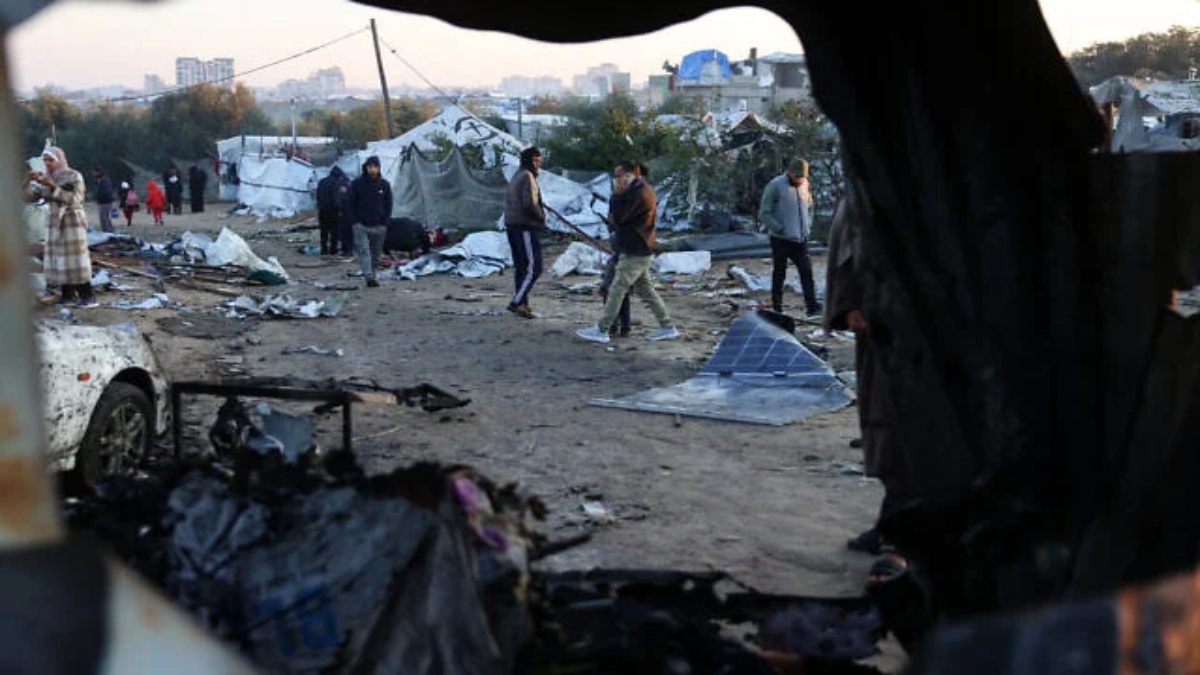)
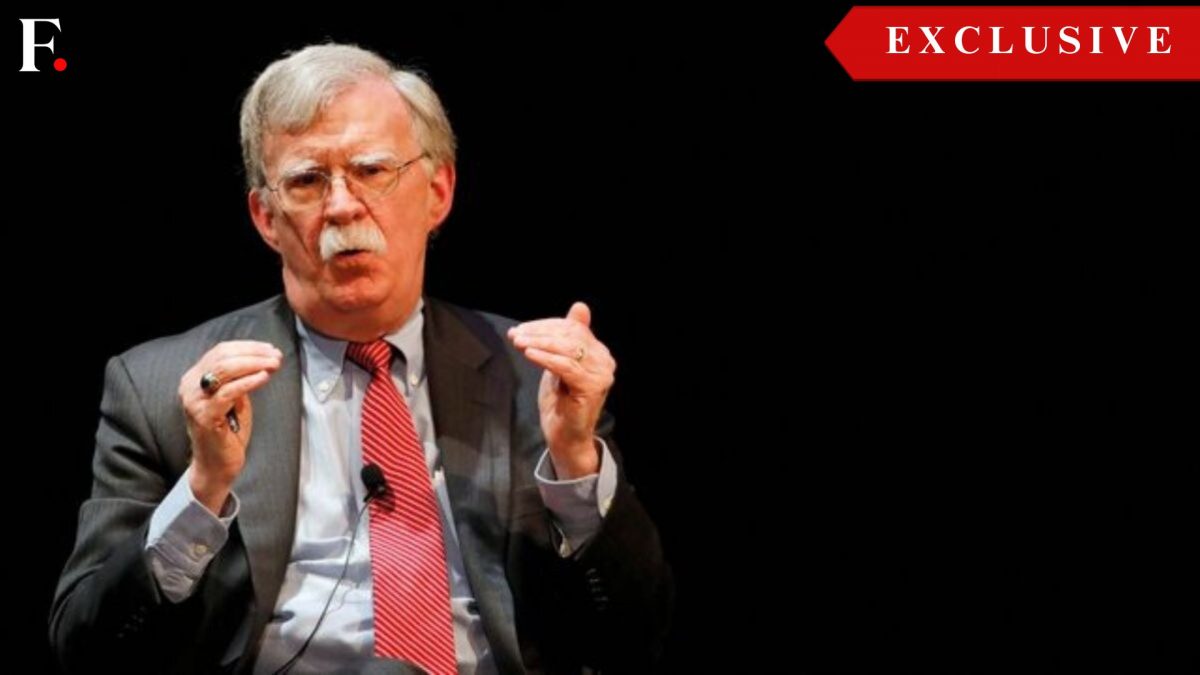)
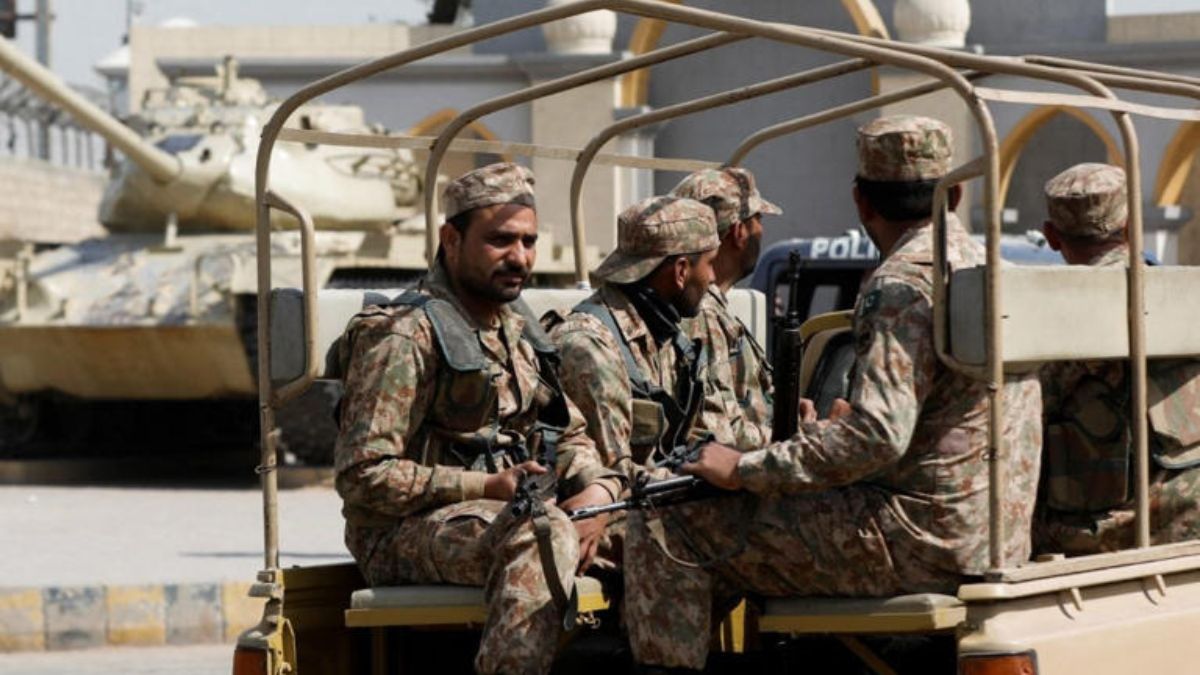)
)
)
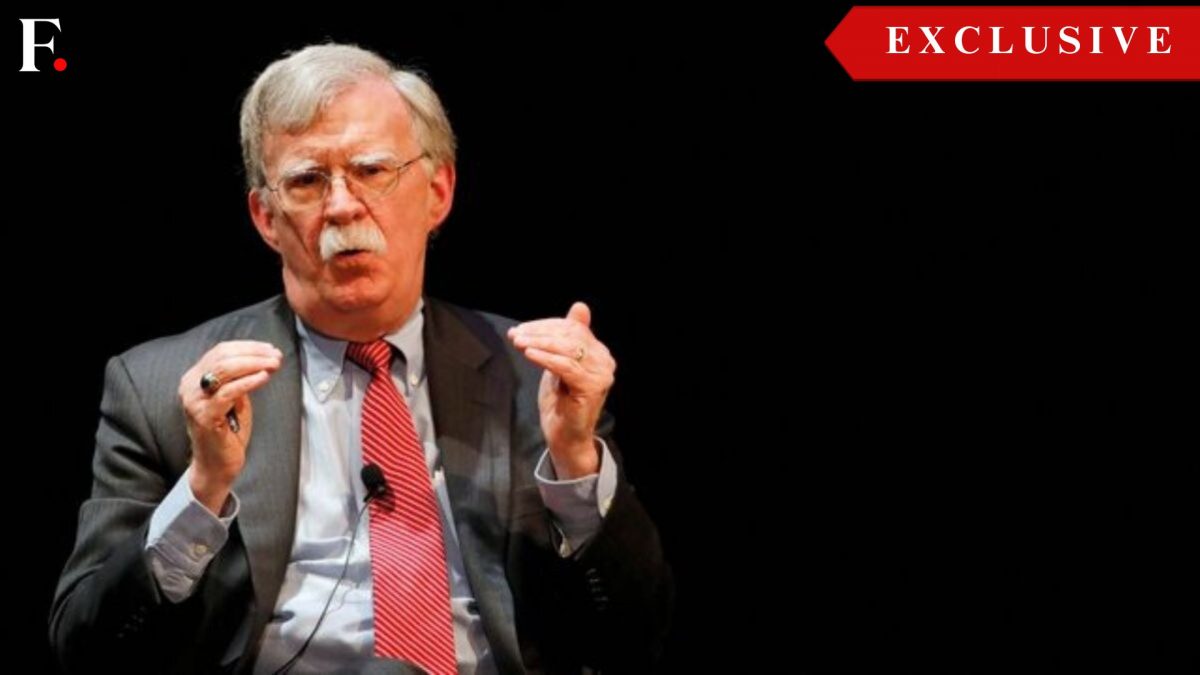)
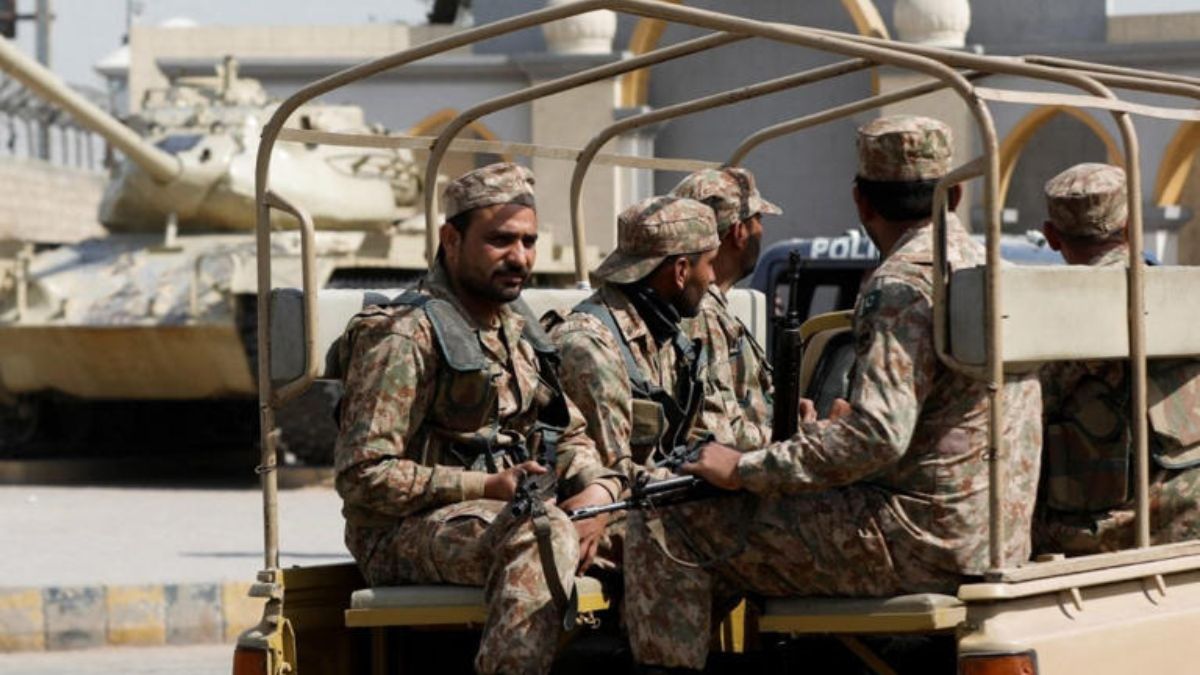)
)
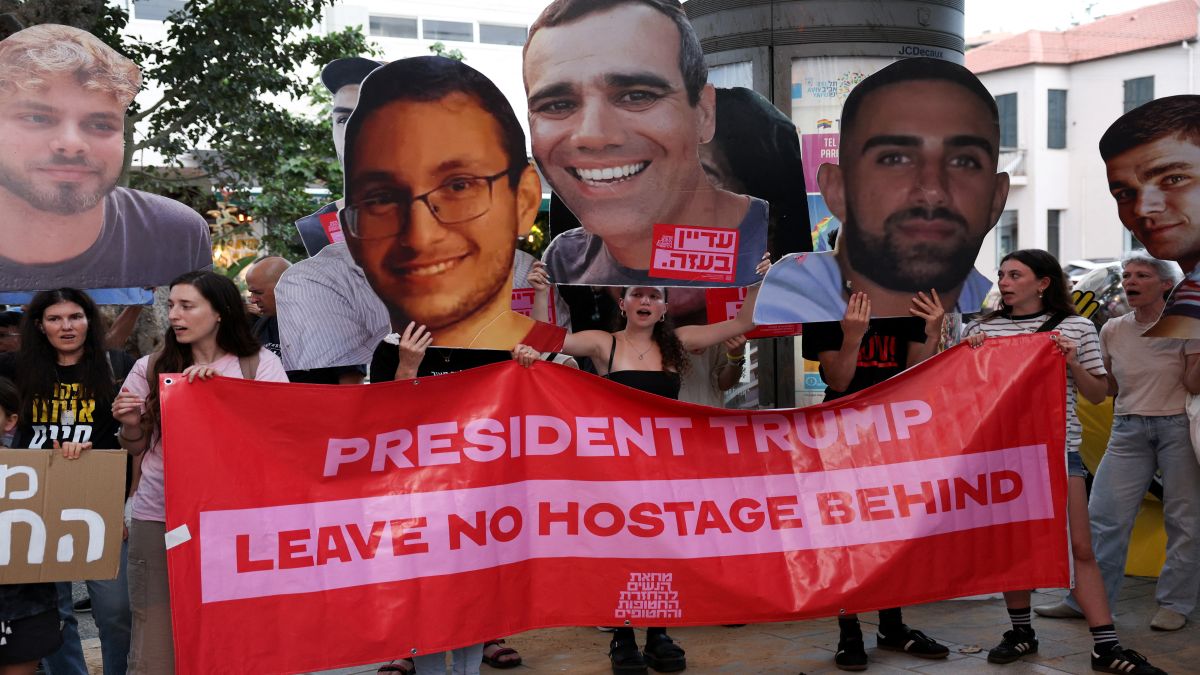)



